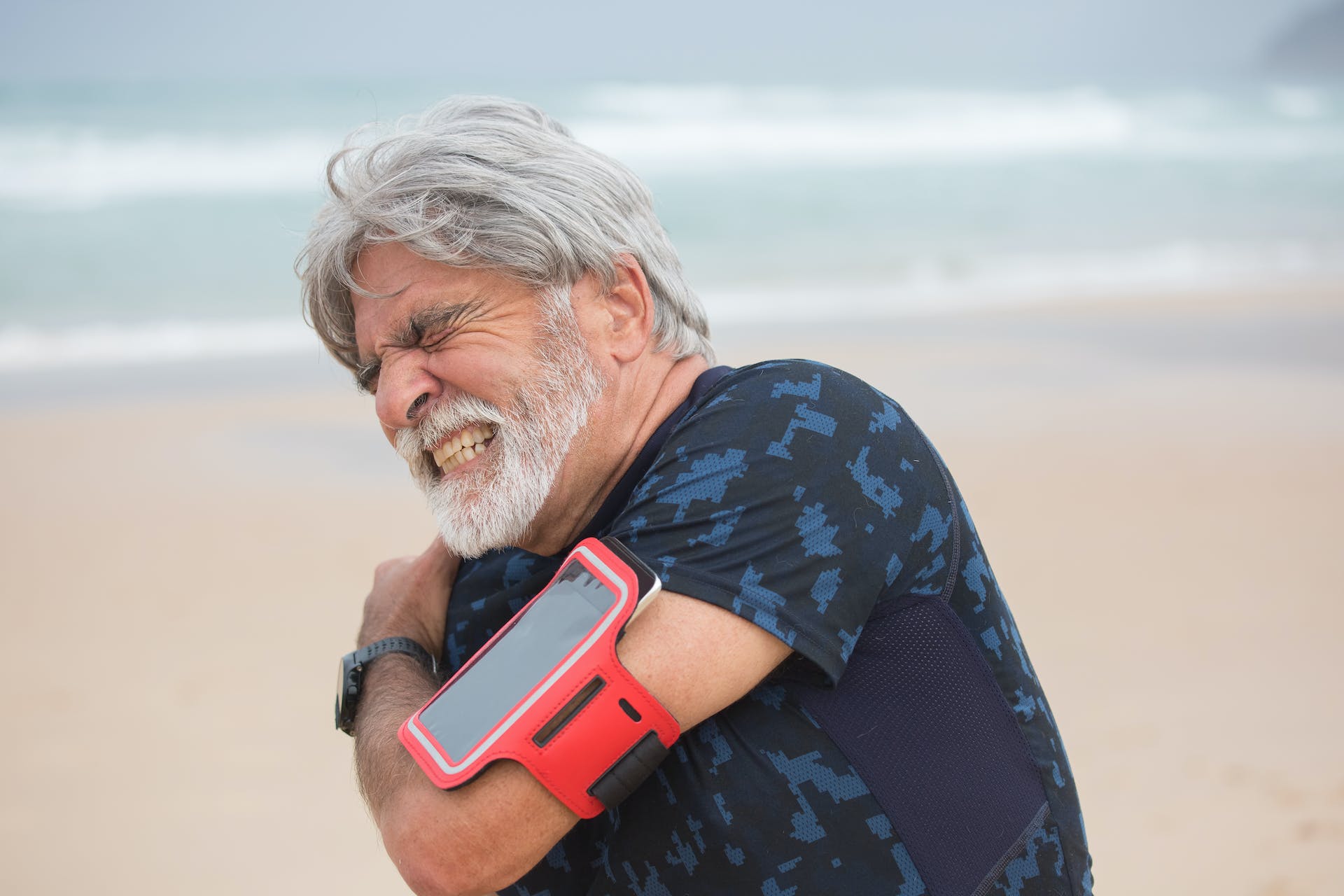About Dr. Felix Sigal
Foot and Ankle Clinic, Los Angeles Podiatrist
Dr. Felix Sigal, DPM is a podiatry specialist in Los Angeles, CA. He graduated from California College of Podiatric Medicine and specializes in podiatry. He is the principal doctor at our clinic, graduated from California State University of Northridge and pursued his training at the California College of Podiatric Medicine, completing his residency at USC General Hospital. Throughout his training, Dr. Sigal expanded his interests in diabetic limb salvage and became one of the most distinguished specialists in the field. Dr. Sigal currently is on staff at both the St. Vincent Medical Center and the California Hospital Medical Center, where he focuses on wound care, diabetic limb salvage, as well as pursues his interest in clinical research to enable better treatment options for his patients. Dr. Sigal serves as a Principal Investigator on numerous clinical research studies in the field of diabetic complications, wound care and has contributed his expertise to the field of clinical research always searching for better treatment options to improve the lives of patients. Dr. Sigal is seeing patients in the Los Angeles and Lancaster offices.
1. What should patients with diabetes know about COVID-19 and how it may affect them?
COVID-19 can infect people of all ages. However, two groups are at higher risk of developing severe complications secondary to COVID-19. These are older adults (over 60 years old) and individuals with underlying medical conditions such as obesity, cancer, diabetes, cardiovascular disease, and chronic respiratory disease. Because diabetic patients often have multiple comorbidities, such as obesity and cardiovascular disease, new data suggests that the death rate and hospitalization duration are four times higher for this subset of the population.
2. How does Circularity’s over-the-counter (OTC) transdermal device helps patients with foot issues, potentially including COVID?
Disseminated intravascular coagulation (DIC) is one of the severe complications related to COVID-19. This is a serious disorder in which the proteins that control blood clotting become overactive, which can result in symmetrical peripheral gangrene. The Circularity OTC device is a novel transdermal delivery system that can deliver carbon dioxide directly to body tissues low in oxygen. Further studies are needed, but this device has the potential to prevent symmetrical peripheral gangrene, a limb-threatening complication of COVID-19.
3. Tell us about CO2, microcirculation, and its effects on the body.
Inadequate wound healing in chronic wounds is secondary to poor blood perfusion at the level of the wound and surrounding tissues, defined as local hypoxia. Transdermal delivery of carbon dioxide has therapeutic effects on both the microcirculation and tissue oxygenation. By improving tissue oxygenation and microcirculation, studies have shown greater progress in wound healing with respect to wound size and area of injury.
4. What have clinical trials shown about how this device helps patients, especially diabetics with foot problems?
Among patients with diabetes, 15% develop a foot ulcer, and 12-24% of individuals with a foot ulcer require amputation. The average cost of treatment ranges from $16,500 for patients without severely impaired circulation to about $63,000 for patients undergoing an amputation. Capillary microcirculation to foot skin has shown signs of significant impairment in diabetic patients when metabolic control is poor, resulting in poor healing rates for ulcers and worsening of diabetic peripheral neuropathy. The preliminary studies of the Circularity OTC medical device have shown increased oxygenation to tissue, resulting in improved wound healing.
5. As a Internist focused on prevention, what do you want diabetics to know about making their foot health a priority?
During the COVID-19 pandemic, it has become even more imperative for diabetic patients to avoid hospitalization from foot complications. To prevent foot complications, diabetic patients must continue to control their diabetes, look at their feet on a daily basis, and become comfortable with using telemedicine to communicate their medical needs to their physicians. During their daily exam, diabetics should look for blisters, minor injuries, sores, and any other abnormal changes to their feet. By following these simple steps, they can reduce the risk of foot complications and amputations.







